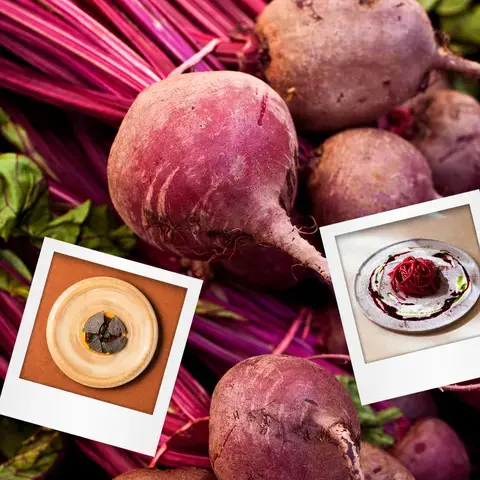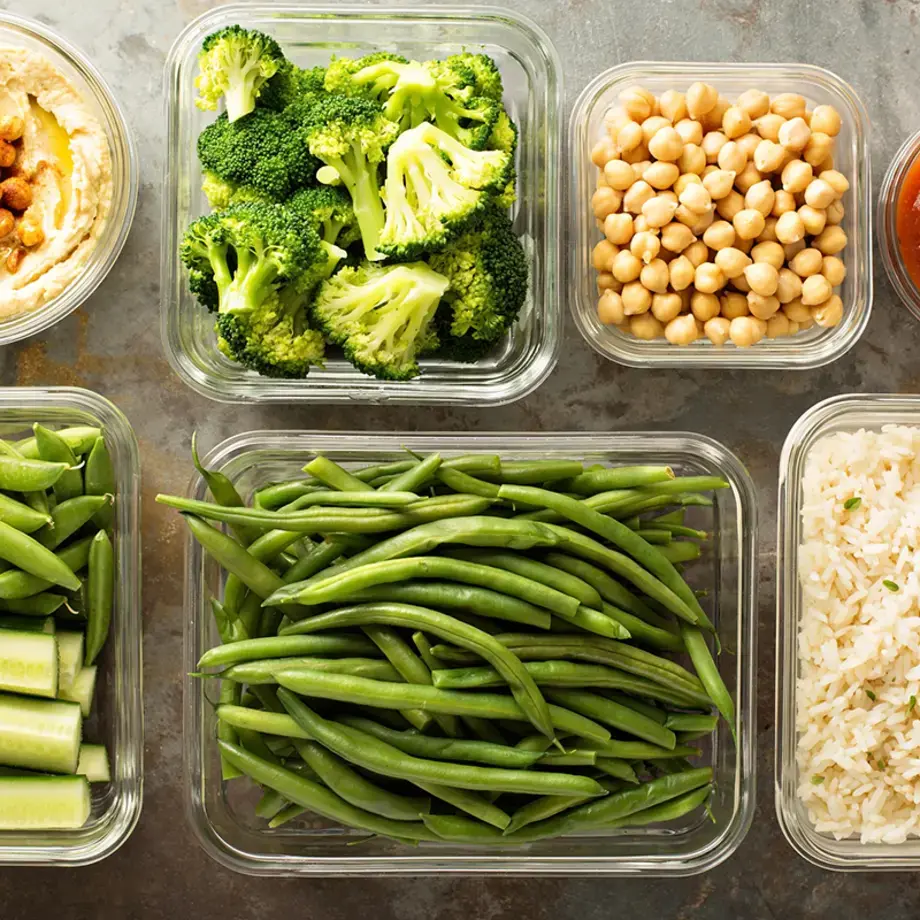After years of unprecedented growth, the plant-based sector looks to be cooling slightly as sales decline for the first time in years and governments look to regulate the naming of plant-based meats and other products. One part of the plant-based food revolution looks to have firmly established itself as here to stay and that is plant-based milk alternatives. Alt-milk sales reached $3.2 billion in total US omni sales this year, an 11.1% increase over last year.
Whether due to health reasons, lactose intolerance, veganism or just for taste, plant-based milk alternatives are now ubiquitous. Here are some of the best alternative milk products on the market.












